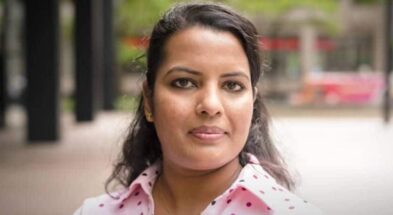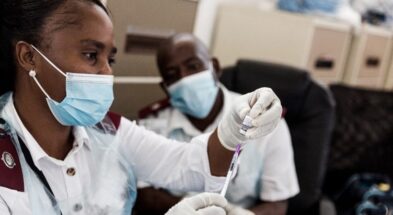As we enter a new year, the world is hopeful of winning the war against the Covid-19 pandemic. The pandemic tested physical health conditions in multiple ways and impacted mental health in unexpected ways. According to experts, a significant mental health crisis is likely to follow the pandemic, which could be the worst hit to mental health since world war II.
Dr Adrian James, UK’s leading psychiatrist and the president of the Royal College of Psychiatrists, told The Guardian that a combination of the disease, its social consequences and the economic fallout were having a profound effect on mental health would continue long after the epidemic is reined in.
“This is going to have a profound effect on mental health,” James said. “It is probably the biggest hit to mental health since the second world war. It doesn’t stop when the virus is under control and there are few people in the hospital. You’ve got to fund the long-term consequences.”
During the start of the pandemic, demand for mental health services dropped as people stayed away from GP surgeries and hospitals, but a surge followed the dip in people seeking help. Data from NHS Digital reveals that the number of people in contact with mental health services has never been higher, and some hospital trusts report that their mental health wards are at capacity. “The whole system is clearly under pressure,” James said.
Modelling by the Centre for Mental Health forecasts that as many as 10 million people will need new or additional mental health support due to the coronavirus epidemic. About 1.3 million people who have not had mental health problems before are expected to need treatment for moderate to severe anxiety, and 1.8 million therapy for moderate to severe depression, it found.
The overall figure includes 1.5 million children at risk of anxiety and depression brought about or aggravated by social isolation, quarantine, hospitalisation, or family members’ death. The numbers may rise as the full impact becomes clear on Black, Asian and minority ethnic communities, care homes and people with disabilities.
James said that mental health services would have to be beefed up and made more accessible to cope with the coming wave of demand for help. Even once vaccines have been rolled out and the risk from coronavirus has receded, many people are likely to need help to restore their social support networks and get back into some ordinary life, James believes.
“It’s very easy to think that when it’s safe to do so, we’ll all be out and about again straight away, but I think it’s going to take a while to get people used to that. The people most likely to suffer are older adults who have got used to self-isolating,” he said. “We’ll need to support the voluntary sector, the charities, that help them get out of the house to socialise and engage in meaningful activities. We know that when you get older, if you lose your connections for a bit, you can give up on them.”
”



















